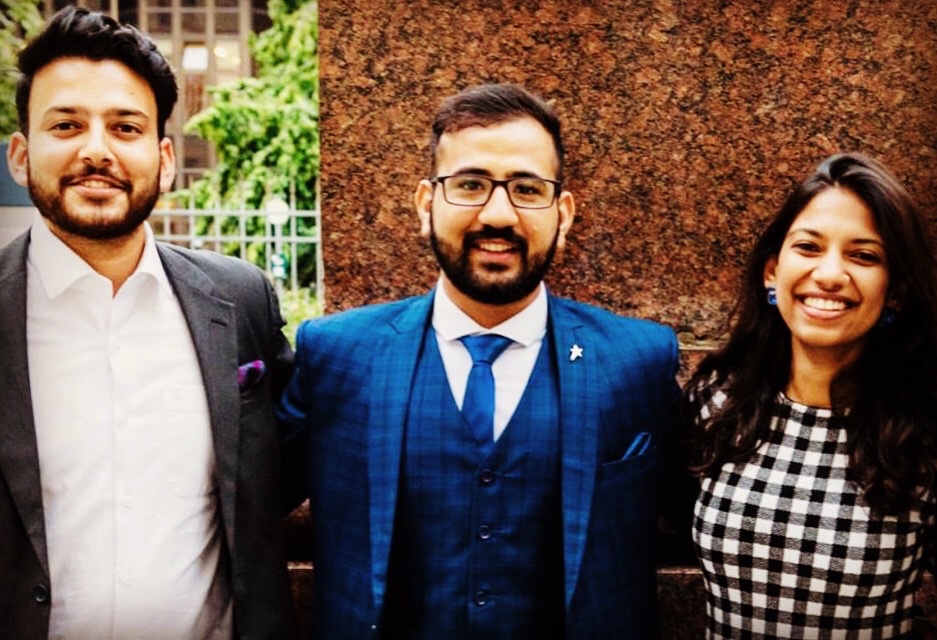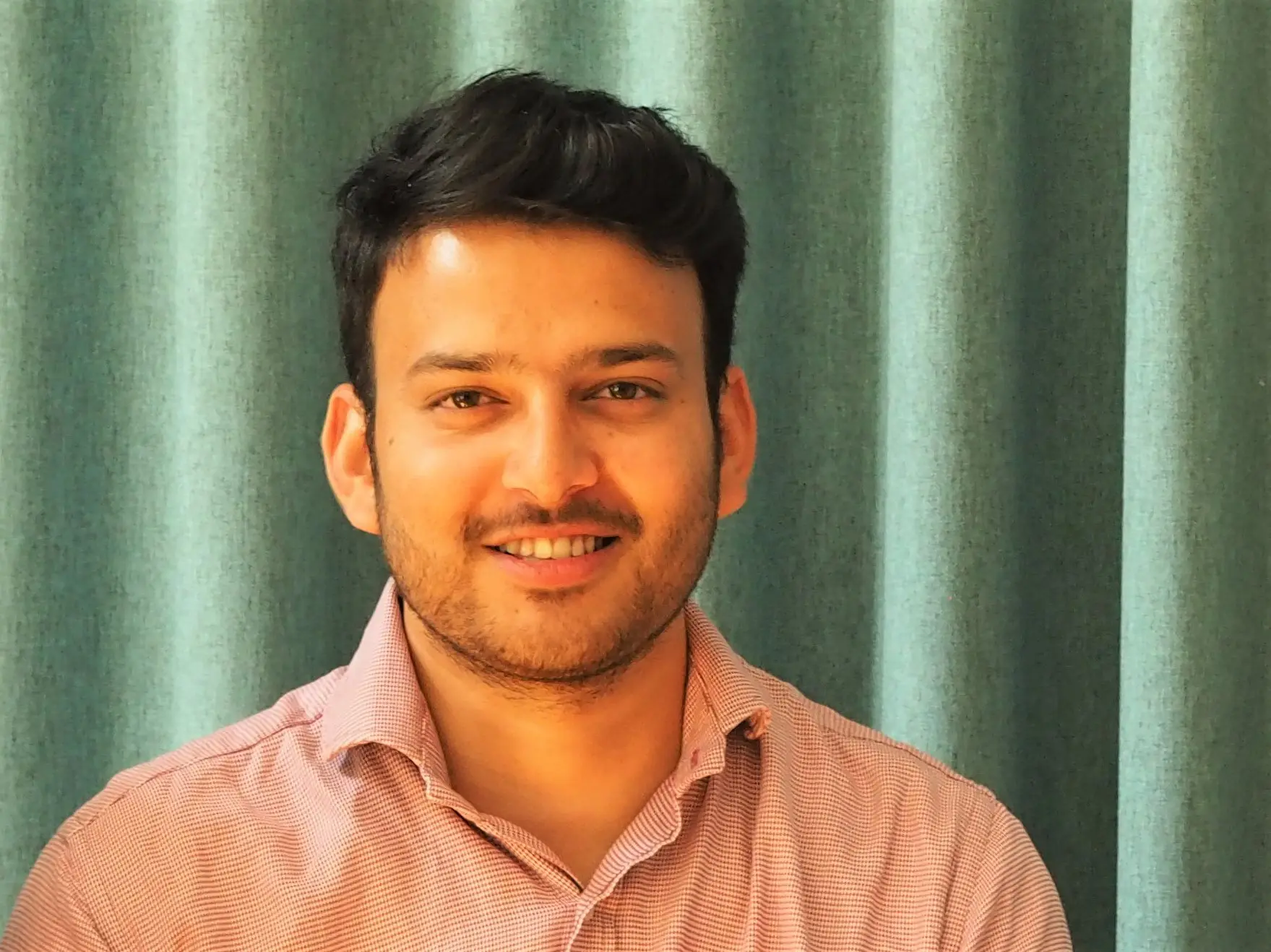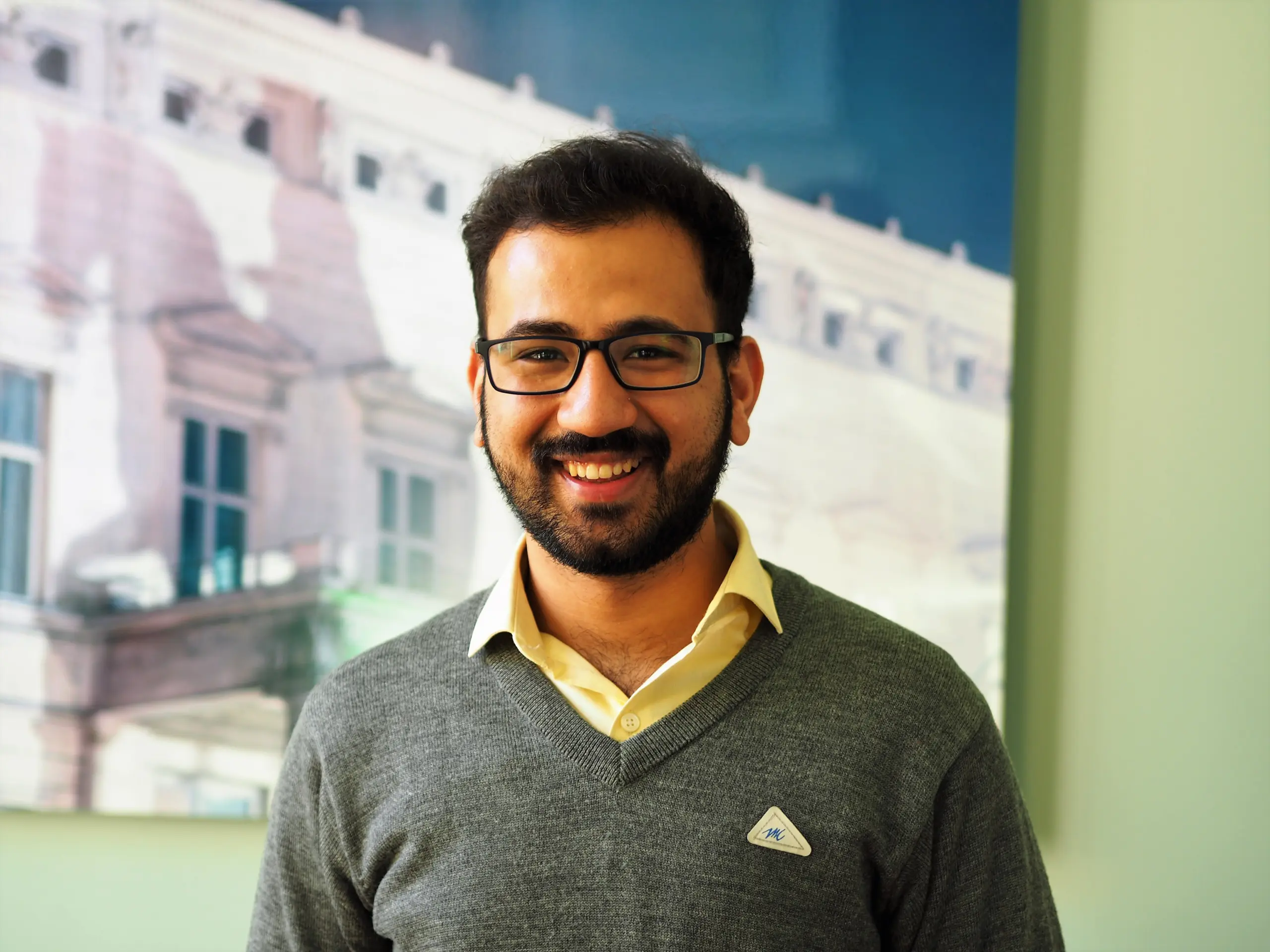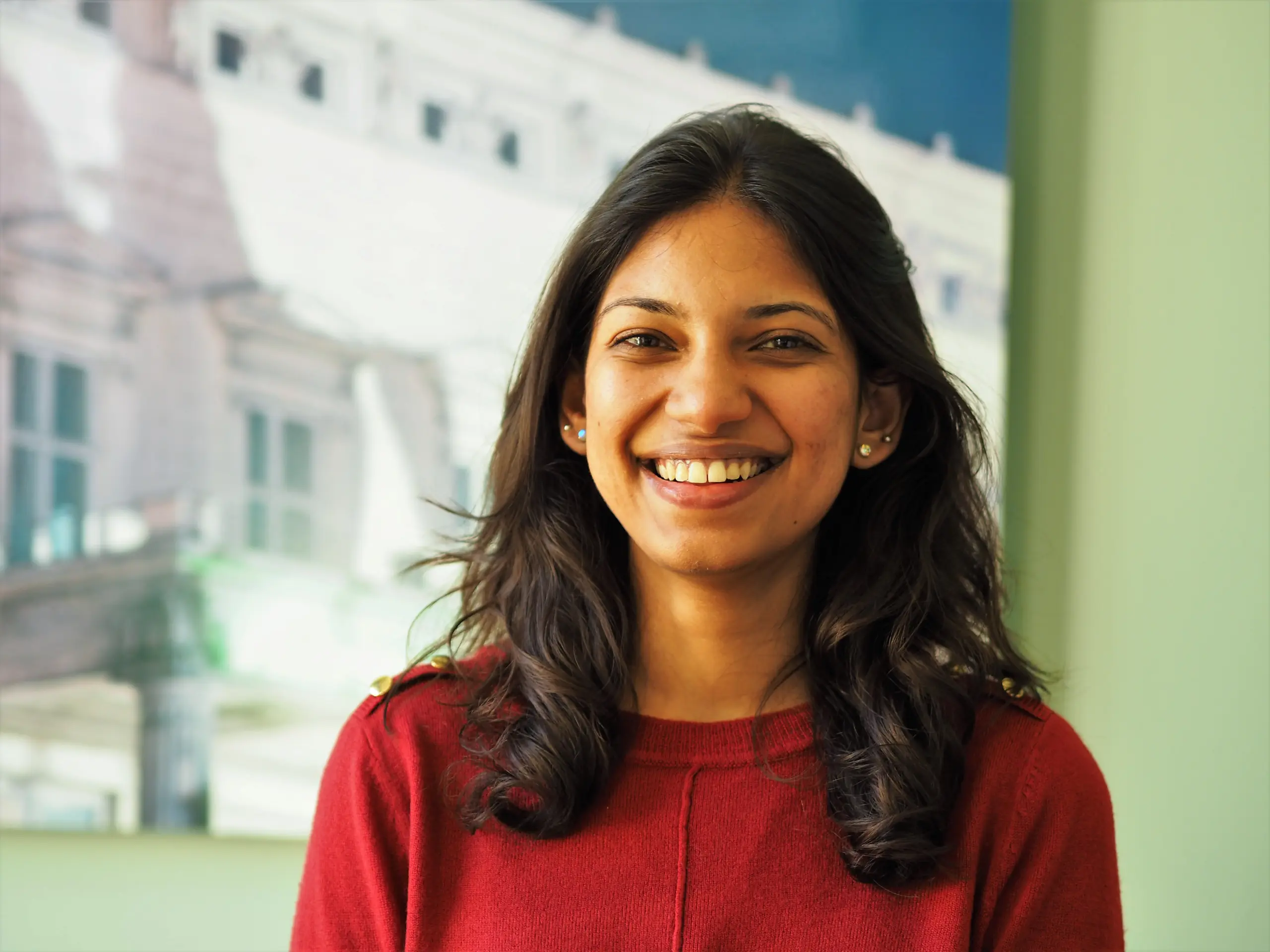Jurisdiction & procedure before court
Foreign Awards – In case of foreign awards, the High Court (there is a high court in most of the Indian states) having original jurisdiction to decide the questions forming the subject-matter of the arbitral award will have jurisdiction over an application for enforcement in terms of section 47 to section 49 of the Act.
Furthermore, certain High Courts in India have commercial divisions in accordance with section 10 of the Commercial Courts, Commercial Division and Commercial Appellate Division of High Courts Act 2015 (“the Commercial Courts Act”). Under the provisions of the Commercial Courts Act, any applications or appeals arising out of international commercial arbitrations shall be heard by said commercial divisions.
Domestic Awards – In case of domestic awards, the principal civil court having original jurisdiction over the subject matter or the High Court, if it exercises ordinary original jurisdiction, will have jurisdiction to hear the enforcement application under section 36 read with section 2 of the Act. However, the Supreme Court of India in Sundaram Finance v Abdul Samad & Anr (Civil Appeal No 1650 of 2018) held that enforcement of a domestic arbitral award under the Act may be filed in any jurisdiction in the country where the award is capable of being executed. The court further held there is no requirement of obtaining a transfer of the decree from the court which has jurisdiction over the arbitration proceedings.
Domestic Awards – After the mandated period of 90 days for filing a setting aside application lapses, the process of enforcement of an arbitral award begins with a notice to the award debtor as per the provisions of the CPC. The next step is to file an application for enforcement before the competent court as explained in question 3 above.
It is important to note that the limitation period for seeking enforcement of an arbitral award is three years. Depending on the outcome of the enforcement proceedings, an appeal against the enforcement decree is allowed as per the Act.
Foreign Awards – After the expiration of the period for the setting aside of the award under the law governing the arbitration, the applicant will follow the same process as described in the previous paragraph. Although the Act does not prescribe the time limit within which a foreign award must be enforced, High Courts in India have held that such time-period would be three years from the day the right to enforce accrues under the Limitation Act, 1968.
If the award creditor has identified the location of the assets of the award debtor, it can file an application for enforcement of the award (foreign or domestic) in the court under the jurisdiction of which the assets are located. If the assets are located in more than one jurisdiction, then simultaneous applications may be filed before all such courts. While this is not a requirement in the strict sense, it helps award creditors determine in the courts of which Indian State the application for recognition or enforcement must be filed.
The award creditor, while filing the above application, is expected to provide a list of the assets held by the award debtor along with the enforcement application. If the applicant is unable to identify the assets, then a request can be made to the court to direct the award debtor to disclose the same under order XXI Rule 41 of CPC.
Under section 31A of the Act, the relevant court is given discretion to determine whether costs must be paid, as well as the amount of these costs and the time when they are to be paid. It bears noting that judicial precedents[1] post-2015 amendment of the Act have not yet crystalized the ‘unsuccessful party to pay’ rule. In other words, the courts have been using their discretion to allocate costs in proceedings under the Act on a case-by-case basis.
[1] Sheetal Maruti Kurundwade v. Metal Power Analytical (I) Pvt. Ltd. and Ors (2017) 3 AIR Bom R 68); Voestalpine Schienen GmbH v. Delhi Metro Rail Corporation Ltd (2017 138 CLA 0067); Salma Dam Joint Venture v. Wapcos Limited (MANU/DE/0703/2017).
In case of a foreign award, Section 47(1) of the Act governs the question which documentation is required in order to obtain recognition of an arbitral award. The section requires the following documents to be produced before the court at the time of applying for enforcement/recognition of the award:
- The original award or a copy thereof, duly authenticated in the manner required by the law of the country in which it was made;
- The original agreement for arbitration or a duly certified copy thereof; and
- Such evidence as may be necessary to prove that the award is a final award. For instance, in case the original award and the other documents are not available, an affidavit filed by the attorney appearing on behalf of the petitioner may be admissible (Hugo Neu Corporation v Lloyds Steel Industries (2009) SCC Online Bom 785).
In case of domestic awards, the original copy of the award needs to be filed before the court. However, in case the original award is not available, a certified copy of the award may be filed with proper endorsement by the court confirming that the original award was duly stamped, specifying the value of the stamp duty paid and also stipulating whether the original award was duly registered (Union of India v M/S Gala Constructions (2015) SCC Online MP 5908). Under Section 17 of the Registration Act, 1908, it is a mandatory requirement that the award is registered with the office of the registrar of the district where it was made, if it affects immoveable property. Failing this, it shall be rendered invalid.
As far as foreign awards are concerned, the Supreme Court of India has categorically held that a foreign award must not be stamped.[1] Various high courts have also held that foreign awards would not require registration and can be enforced as regular decrees.[2]
[1] M/S. Shri Ram EPC Limited v Rioglass Solar SA (2018) SCC Online 147.
[2] Naval Gent Maritime Ltd v Shivnath Rai Harnarain (I) Ltd, 174 (2009) DLT 391; Vitol S.A v. Bhatia International Limited, 2014 SCC OnLine Bom 1058; Narayan Trading Co. v. Abcom Trading Pvt. Ltd., 2012 SCC OnLine MP 8645.
Yes, it is necessary to submit a translation of an award in the official language of the court, i.e. English. Section 47 (2) of the Act requires that any document required to be produced under section 47 (1), if it is in a foreign language, must be translated into English. Notably, the translation in English needs to be certified as an accurate translation by a diplomatic or consular agent of the country to which that party belongs.
In the alternative, the translated award may also be certified as an accurate translation by a notary appointed under the Notaries Act 1952. The notary may make the translation on its own or it may be done by another person, although it must, nevertheless, be verified by the notary as an accurate translation (KTC Korea Company Limited v Hobb International Pvt Ltd (2004) SCC Online Cal 179).
You need to be represented by a lawyer qualified to practice law in India in order to seek the enforcement of an award before the Indian courts.
Being a signatory to the Hague Convention on Service Abroad of Judicial and Extra Judicial Documents in Civil or Commercial Matters, 1965, service of judicial or extrajudicial documents in India is only considered to have been made validly when it is done through the designated central authority (Article 5), i.e. the Indian Ministry of Law and Justice.
Section 29(c) of the CPC also provides for the procedure for service of foreign summons and other notices or communications issued by civil or revenue courts outside India. According to the CPC, summons and other processes may be sent to courts in the territory of India to which the CPC extends and can be served as if they were summons issued by such courts.
Yes, the Act is divided into two parts. Part 1 governs the enforcement of domestic awards. Part 2 governs the enforcement of foreign awards.
Enforcement of domestic awards
According to part one of the Act, an award creditor has to wait for a period of 90 days after the issuance of the final award before applying for the enforcement of the latter. This time-period is prescribed to give the award debtor the opportunity to challenge the award. Once that time period expires, and the competent court for enforcement finds the award to be enforceable, there cannot be any further challenge to the arbitral award.
Enforcement of foreign awards
India is a signatory to the NY Convention as well as the Geneva Convention on the Execution of Foreign Arbitral Awards of 1927. As such, it recognizes awards rendered in the territory of other signatories to the NY Convention, which are notified as a convention country by India.
Substantial requirements
Indian courts do recognize and enforce partial or interim awards, provided those awards are final in nature. In order to be enforceable, the interim award must finally dispose of the issues or claims covered by it. If the nature of the award is such that its effect only lasts as long as the final award is not delivered, then the award will not be enforceable. Also, section 2(1)(c) of the Act includes in the definition of “arbitral award” interim and partial awards, thus allowing, in principle, for the enforcement of interim and partial awards (National Thermal Power Corporation Ltd (NTPC) v Siemens Aktiengesellschaft 121(2005) DLT 36).
It also bears noting that after the recent 2015 amendment of the Act, any provisional or interim measure of protection issued by the arbitral tribunal under section 17 (Part I) of the Act has the same power and can be enforced in the same manner as any order rendered by the court under section 9 of the Act.
Foreign Awards
Under the Act, the enforcement of a foreign award can be refused at the request of the party against which it is invoked only if that party furnishes to the Indian court proof that:
- the parties to the agreement were, under the law applicable to them, under some incapacity, or the said agreement is not valid under the law to which the parties have subjected it or, failing any indication thereon, under the law of the country where the award was made;
- a party was not given proper notice of the appointment of the arbitrator or of the arbitral proceedings or was otherwise unable to present its case; or
- the award deals with a difference not contemplated by or not falling within the terms of the submission to arbitration, or it contains decisions on matters beyond the scope of the submission to arbitration; or
- the composition of the arbitral authority or the arbitral procedure was not in accordance with the agreement of the parties, or, failing such agreement, was not in accordance with the law of the country where the arbitration took place; or
- the award has not yet become binding on the parties or has been set aside or suspended by a competent authority of the country in which, or under the law of which, that award was made.
Further, under section 48(2) of the Arbitration Act, enforcement of a foreign award may also be refused if the court finds that:
- the subject-matter of the difference is not capable of settlement by arbitration under the law of India; or
- the enforcement of the award would be contrary to the public policy of India.
These are the same grounds that are also foreseen by the NY Convention.
Domestic Awards
The same grounds of challenge listed above for the enforcement of foreign awards also apply in relation to the enforcement of domestic awards. There is one additional ground for challenging domestic awards; namely, patent illegality appearing on the face of the award (section 34 (2A) of the Act).
Recent amendments to the Act have set out that an award is contrary to the public policy of India in the following scenarios only:
- the making of the award was induced or affected by fraud or corruption or was in violation of section 75 (confidentiality) or section 81 (admissibility of evidence); or
- the award contravenes the fundamental policy of Indian law; or
- the award is in conflict with the most fundamental notions of morality or justice.
Effects, remedies & procedural requests
Once the enforcement court finds that an award is enforceable, the award is considered to be a decree of that court as per the requirements of sections 36 (domestic award) and 49 (foreign award) of the Act. It may then be enforced under the applicable provisions of the CPC concerning the enforcement of a decree.
An appeal against a decision to enforce an arbitral award can be filed before the competent appellate court, i.e. either the High Court if the appeal is against a lower court decision or the Supreme Court of India if the appeal is directed against a High Court decision.
Under section 50 of the Act, the High Court can address any appeal regarding a decision refusing the recognition or enforcement of a foreign award. In cases of a domestic award, the courts can render an order of setting aside under section 34 of the Act. However, if under section 34 of the Act an award is challenged, irrespective of whether the challenge is granted or denied, a right to appeal is available against such a decision under section 37 of the Act.
There is no procedural mechanism providing for a second appeal against an order issued under sections 50 and 37 of the Act. However, the parties do have the right, under article 136 of the Constitution of India, to prefer a Special Leave Petition to the Supreme Court.
The Act does not contain any provision for set-off claims in enforcement proceedings. Though, in theory, an award debtor may be able to claim set-off where it has a liquidated, ascertainable claim against the award creditor that is due and payable at the time of commencement of the enforcement action.
According to section 48 of the Act, the court cannot enforce an award that does not bind the parties. In view of judicial decisions on this subject, it can be concluded that in order for an award to become binding on the parties and, thus, enforceable, it must not have been challenged by the award debtor in the country in which it was rendered.[1] Consequently, an award that has been set aside will, generally, not be binding on the parties and, thus, unenforceable if it has been fully or partly set aside at the seat of arbitration.
[1] Naval Gent Maritime Limited v Shivnath Rai Harnarayan Limited (2009) SCC Online Del 2961.
Yes, interim measures are available. Interim measures of protection may be requested by a party under sections 9 and 17 of the Act in cases including the following matters:
- preservation, interim custody or sale of any goods which are the subject-matter of the arbitration agreement;
- securing the amount in dispute in the arbitration;
- the detention, preservation or inspection of any property or asset which is the subject-matter of the dispute in arbitration;
- interim injunction or the appointment of a receiver (court-appointed authority);
- such other interim measure of protection as may appear just and convenient to the court.



